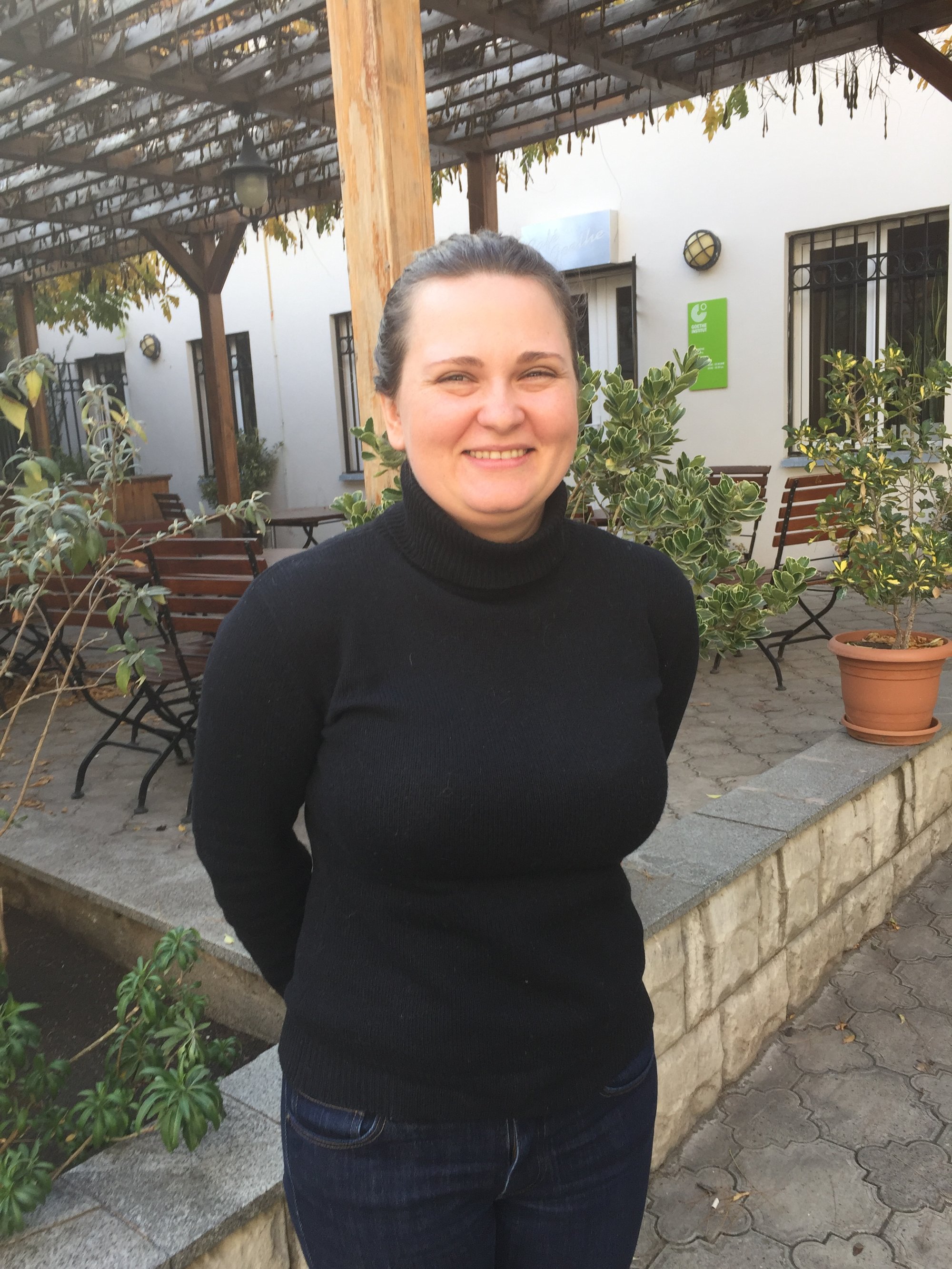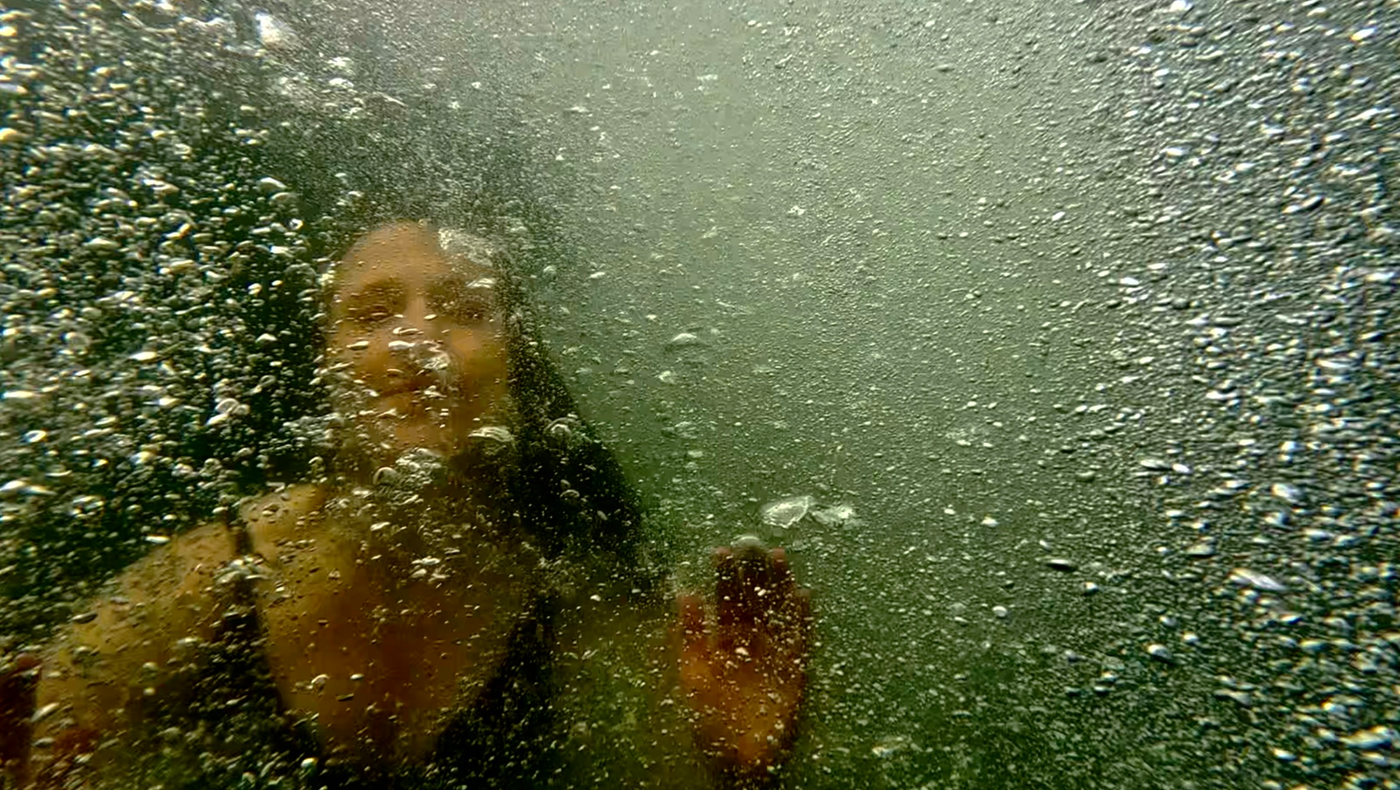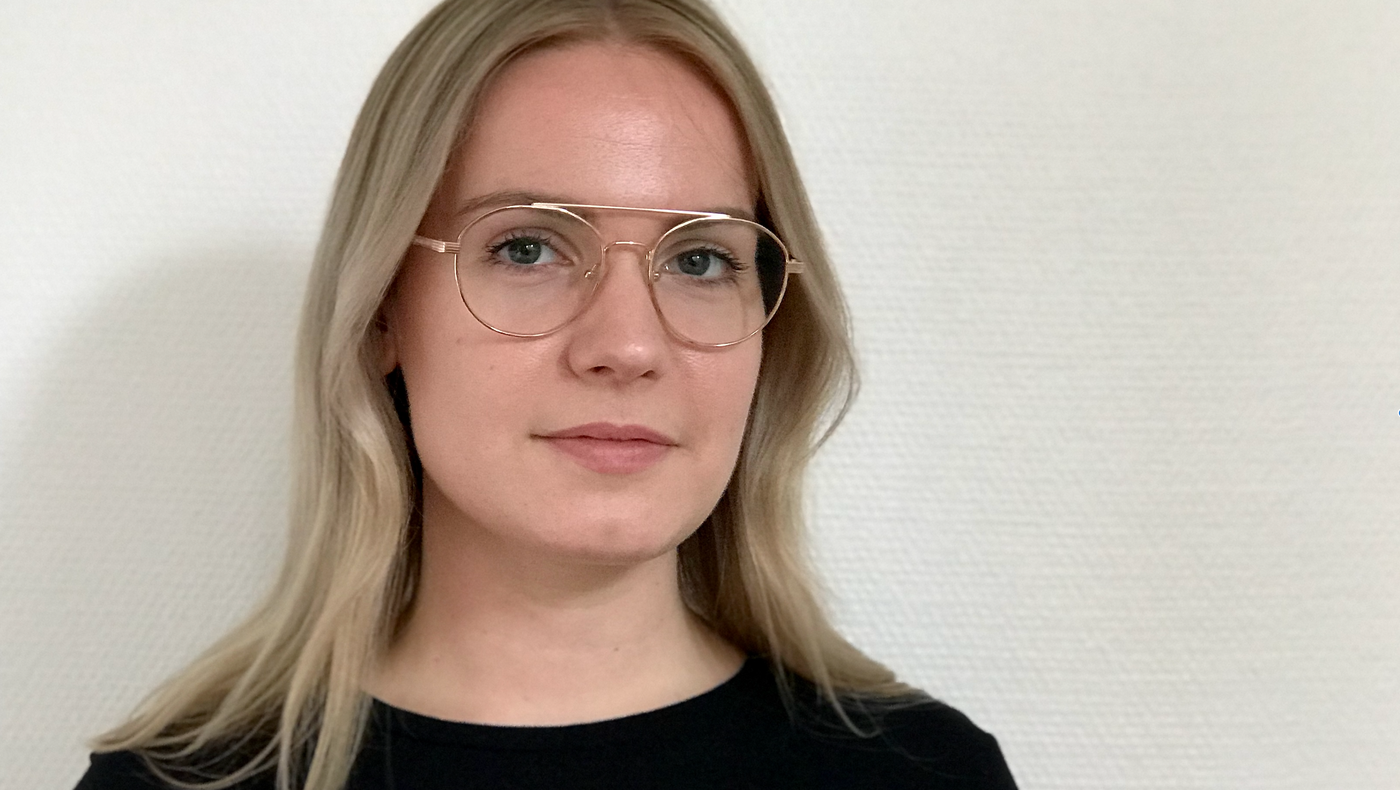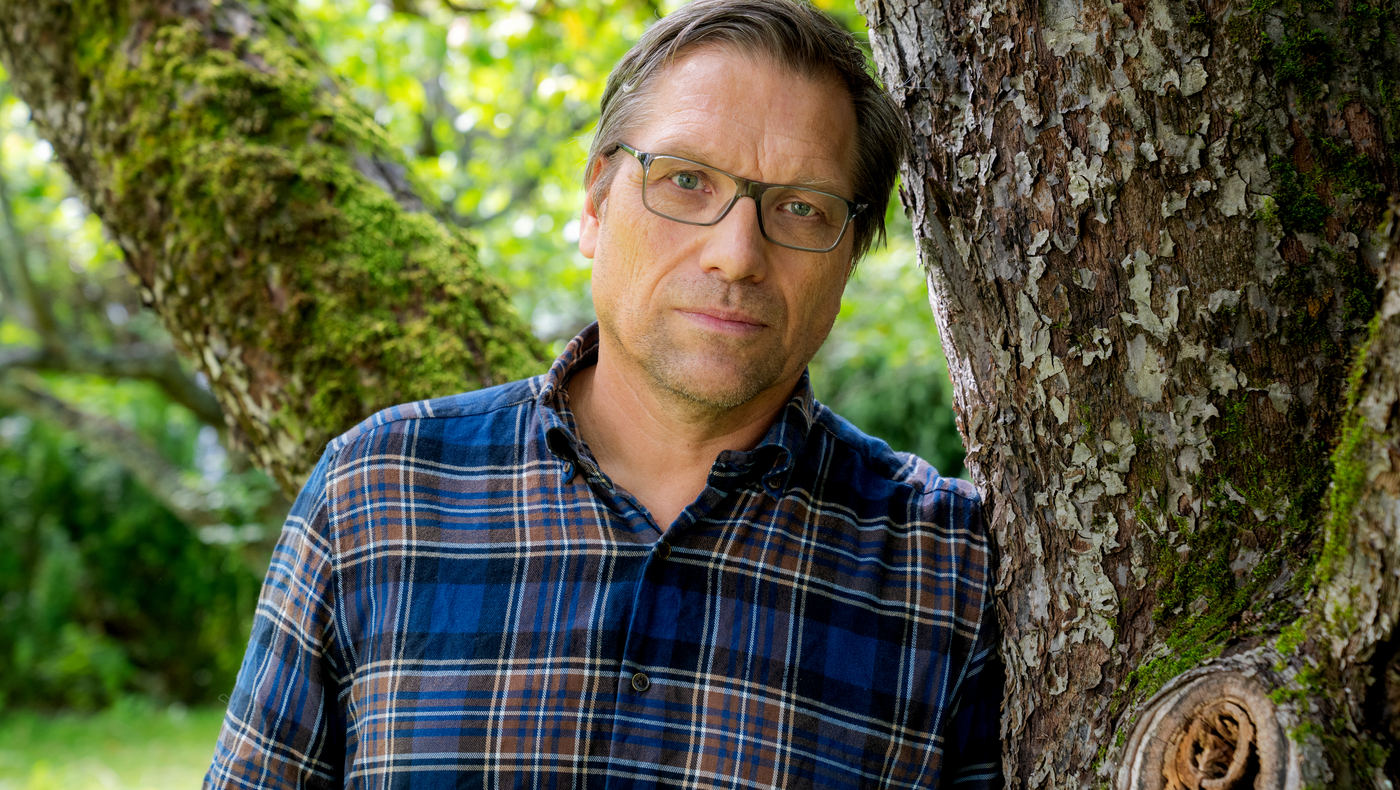Fritt Ords og ZEIT-Stiftungs «Free Media Awards» delt ut i Tbilisi
Denne uken ble Fritt Ords og ZEIT-Stiftungs pressepriser for uavhengig journalistikk i Øst-Europa delt ut på arrangementet Free Media Awards på Goethe-Instituttet i Tbilisi, Georgia. Arrangementet fant sted 24.-25. november 2016, og bestod i tillegg til prisutdelingen av en internasjonal konferanse for journalister med foredrag og debatter om blant annet bærekraftig, uavhengig journalistikk, overvåkning og journalistiske standarder.
Prisvinnerne i 2016 er Seymur Hazi, redaktør og kommentator i avisen Azadliq i Aserbadjan, den russiske journalisten Elena Milashina, korrespondent i Nord-Kaukasus for Novaya Gazeta og det ukrainske nettstedet Nashi Groshi.
Les mer om prisvinnerne og nominasjonsprosessen her.
Free Media Awards er det nye navnet på presseprisene som tildeles av de to stiftelsene, tidligere kjent som Stiftelsen Fritt Ords Pressepris «Fri Presse Russland» og Gerd Bucerius’ Pressepris «Fri Presse Øst-Europa». Prisene er en støtte til de journalistene og mediene som rapporterer uavhengig og nekter å gi opp på grunn av trusler. I mange land i Øst-Europa har mediene kommet under et enormt press. Med Free Media Awards ønsker stiftelsene å oppmuntre journalister og medier til å fortsette sitt arbeid til tross for trusler og voldelig undertrykkelse.
Programme, Free Media Awards 2016
Thursday, November 24th, 2016
Welcome
Stephan Wackwitz, Director Goethe Institute Tbilisi, Jury Member Free Media Awards
Bente Roalsvig, Stiftelsen Fritt Ord, Project and Deputy Director
Michael Göring, ZEIT-Stiftung, Chairman of the Board of Directors
First Panel: Sustainable independent media – financing independent journalism
Introduction: Aleksey Shalayski, Nashi Groshi
Panel chair: Alice Bota, DIE ZEIT, Moscow, Jury Member Free Media Awards
A common challenge for Eastern European media is the weakly developed media market. In some countries there is a strong state with a high level of involvement in mass media, in other countries oligarchs use mass media for their own, political ends. In both cases, these elements substantially distort the market mechanisms of the media market, hampering the development of independent business models. Also, the entire region has recently been struck by a long-term economic crisis, rendering economic opportunities even slimmer. At the same time, available sources of income, such as i.e. content marketing, challenge recognized ethical standards for journalism.
How can sustainable independent media enterprises be established in the current Eastern European environment?
Friday, November 25th, 2016
Second Panel: Security – dealing with threats and surveillance
Introduction: Elena Milashina, Novaja Gazeta
Panel chair: Martin Paulsen, University of Bergen, Jury Member Free Media Awards
According to Committee to Protect Journalists, 84 journalists have been killed in the Eastern European countries covered by the Free Media Awards since 1992. Many more have been imprisoned, attacked or threatened. Threats take different forms, they may be explicitly stated, or perceived threats based on the individual journalist’s gut feeling. For many journalists in the region, threats are something they need to deal with on a daily basis.
What forms do such threats take? How is it possible to conduct free and independent quality journalism in an environment of threats?
Third Panel: Populism and journalistic standards
Introduction: Guri Norstrøm, Norwegian Broadcasting Corporation, Jury Member Free Media Awards
Chair: Stephan Wackwitz, Director Goethe Institute Tbilisi, Jury Member Free Media Awards
Contemporary journalists operate in a dramatically changed informational environment. The emergence of new populist movements and total accessibility of social media promote information not based on facts and breed resentments and negative effects. In addition, the state propaganda is deliberately trying to undermine factuality. The dark side of the freedom of expression, the right to have an opinion is functionalized to attack and insult individuals and groups, especially minorities. Facts are relativized by opinions.
How can serious and fact-based journalism compete with faster and easier digestible populist opinions? Is there any strategy to keep high journalistic standards in the relativistic informational chaos?
Prize Dinner Honouring the Free Media Prize Winners
Remarks:
Martin Paulsen, University of Bergen, Jury Member,
Michael Göring, ZEIT-Stiftung, Chairman of the Board of Directors
Dinner Speech:
Nino Lejava, Office Director South Caucasus Regional Heinrich Böll-Stiftung Tbilisi
Words of Thanks: Nigar Yagublu




